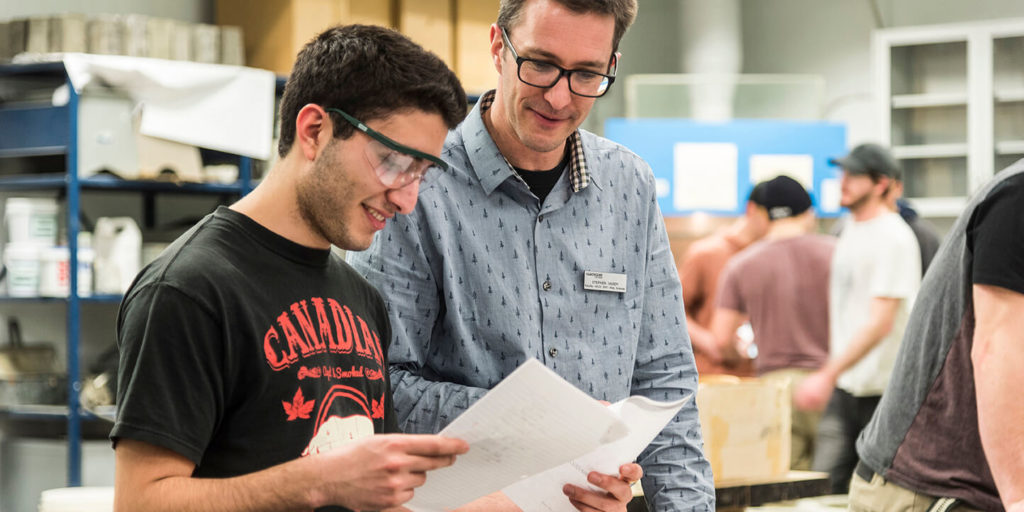So you’re looking into post-secondary education but can’t decide between Ottawa or Toronto? You’ve come to the right place. Both of these options have qualities that make them great places to study and live in. We think Ottawa might suit you a little better, though. Here’s why:
Ottawa has much more affordable housing costs than Toronto. The average cost for a one-bedroom apartment in Toronto, according to PadMapper, is $2,230 whereas Ottawa can offer you the same thing for $1,270. That’s almost half the price!
Moving away from home can be scary and feeling safe is important. Ottawa has a lower crime rate than Toronto. The Most Dangerous Places in Canada list states that Toronto is in 124thplace while Ottawa is less dangerous and sitting pretty in 144th place. Your parents will probably find this information very comforting.
If you’re worried about finding a job after you move or once you graduate, Ottawa has one of the most attractive job markets in Canada right now. We ranked first on the list thanks to our strong employment growth, low jobless rate, impressive median income, and more. Basically, we’ve got jobs to spare! You can check these stats out here.
Ottawa was voted Top Student City back in 2017. The leading factor? Friendliness. That’s right! The people here are as nice as the city itself. Ottawans are kind, diverse, and tolerant. People are nice in Toronto too, but we actually got on the list.
What about when you’re not studying? We’ve all heard that Ottawa is the city that fun forgot, but you can forget you ever heard that. Not only is there more green space to chill in in Ottawa, the nightlife is great here too. Ottawa’s got great bars and clubs like Pub 101, The Lookout, El Furniture Warehouse, Blue Cactus, The Liquor Store, and more. The best part? They’re all within walking distance of each other. Take that, Toronto!
Maybe clubbing and bar-hopping isn’t your thing. We respect that. If you’re still not convinced that Ottawa is the place to be, think again. With great year-round activities like festivals, museums, skiing, hiking, skating, Ottawa has something for every scene. So whether you’re sporty or artsy, we’ve got you covered.
In all seriousness, both Ottawa and Toronto are fabulous places to live, and you can’t go wrong either way. You’re bound to learn a lot and have a ton of fun wherever you end up. We’re just putting our (slightly biased) opinion out there to help guide you. Whatever you choose, we know you’ll make the best of it.
Chelsie McHugh is a third-year Advertising and Marketing Communications student. She’s a funny, fiery redhead with a passion for writing.

